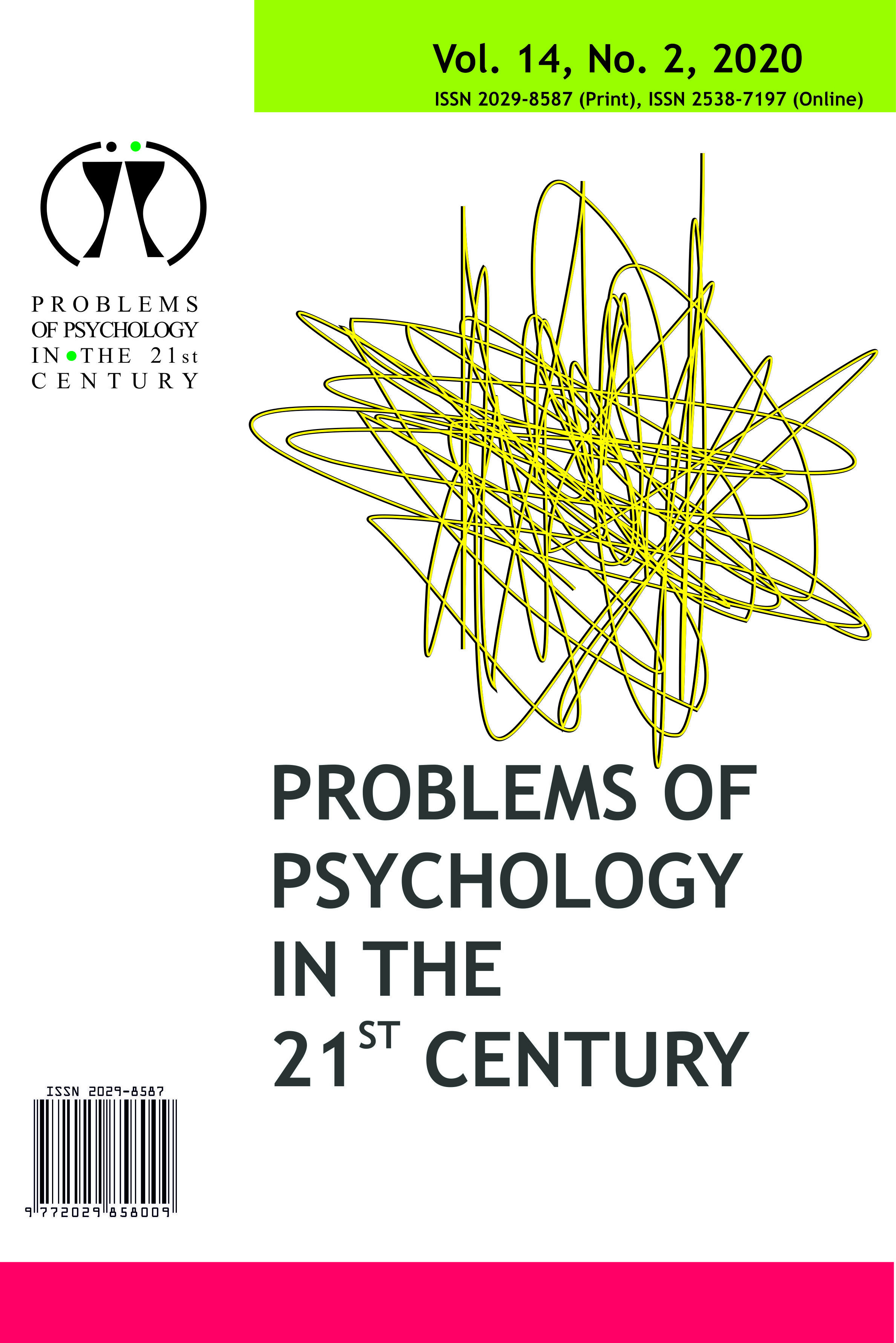THE INFLUENCE OF MENTORING ON THE PROFESSIONAL SELF-IDENTITY FORMATION OF A PSYCHOLOGIST
THE INFLUENCE OF MENTORING ON THE PROFESSIONAL SELF-IDENTITY FORMATION OF A PSYCHOLOGIST
Author(s): Inna BoychenkoSubject(s): Social Sciences, Psychology, Individual Psychology
Published by: Scientia Socialis, UAB
Keywords: future psychologist; professional self-identification; professional self-identity; professional identity;
Summary/Abstract: The purpose of the study was to determine the features of the professional self-identity in future psychologists in terms of educational and professional training. The objectives of the study were: 1) to identify theoretical approaches to the problem of professional identity and self-identity in terms of professional training; 2) to research the features of self-identity in the course of a professional choice by students-psychologists and their educational and professional adaptation. To solve the particular research problem: 1) the features of self-identity in the course of professional choice by students-psychologists and their educational-professional adaptation are defined; 2) questionnaire was developed for identification of the features of students-psychologists’ awareness of their professional choice and adaptation to professional training and the need for professionally significant qualities. To identify the features of the professional self-identity of future psychologists in the study of a number of methods were: 1) "Methods of studying professional identity (MVPI) (author LB Schneider); 2) questionnaire "Professional choice and educational-professional adaptation of future psychologists" (author IS Boychenko). 178 students of III-IV courses of the Pedagogical and Psychological Institute of the National Pedagogical University named after MP Drahomanov and 5-th courses of the psychological faculty named after T.G. Shevchenko and the Faculty of English of the National Linguistic University took part in the survey. The analysis of the conducted methods revealed that the predominant types of professional choice awareness by students-psychologists in the course of their educational and professional activity are the moratorium on professional identity, premature professional identity and diffusion of professional identity. The reasons for this state of the students may be unconscious or insufficiently conscious choice of profession by the latter as well as insufficient professional support of these students by psychologists. The acquisition of professional self-identity by future psychologists takes place: (I) in a group during the educational process (lectures, practical group classes, educational and psychological practice, attempts at one's own psychological practice), (II) individually, and (III) under the guidance of a mentor. In the course of these psychological practices, especially during their own attempts at practice, future psychologists begin to form an idea of their professional functions. This is an important prerequisite for the formation of their professional identity. According to the results of the research of the students-psychologists with achieved positive professional identity, the types of practical activities can include psychological (attempts at personal practice) and educational-psychological practice (according to the curriculum), that is mastering the profession through training in HEI and beyond, satisfaction of professional needs. The perspective of the research is the problem of conformity of the professional self-identity formation of future psychologists to the social requirements and the availability of conditions to ensure their professional development during educational activities and beyond.
Journal: Problems of Psychology in the 21st Century
- Issue Year: 14/2020
- Issue No: 2
- Page Range: 93-101
- Page Count: 9
- Language: English

